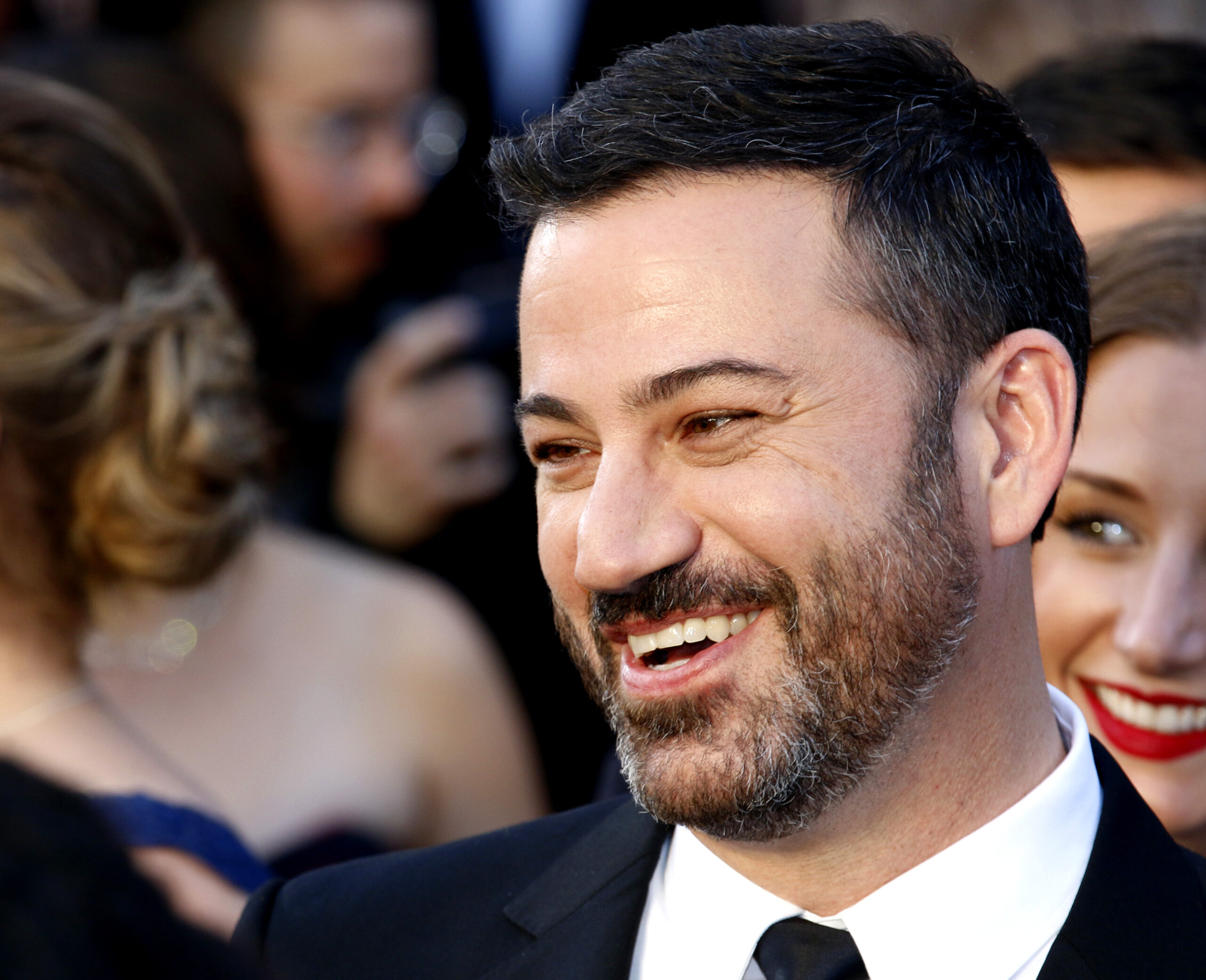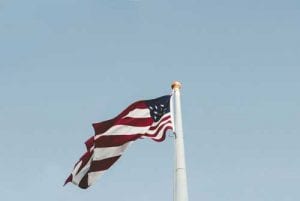
Popular late-night show host, Jimmy Kimmel, faces a media freedom battle after networks pulled his show.
His controversial remarks about Charlie Kirk, who died from a single gunshot wound while speaking at Utah Valley University on September 10, led to Jimmy Kimmel Live!‘s suspension across several broadcasting companies. Nexstar Media, one of America’s largest TV station owners, pulled the show “for the foreseeable future” due to his “offensive and insensitive” comments.
President Donald Trump added pressure by suggesting that certain networks should lose their licenses because he noticed “networks were 97% against me”. The entertainment industry has pushed back hard. The likes of actor Ben Stiller spoke out saying “This isn’t right”, and the Writers Guild of America called the decision a violation of constitutional free speech rights. The decision’s impact on America’s media freedom has now become a key debate amongst many.
Jimmy Kimmel’s Suspension
Kimmel made controversial remarks about Kirk’s assassination during his Monday night show. “We hit some new lows over the weekend with the MAGA gang desperately trying to characterize this kid who murdered Charlie Kirk as anything other than one of them,” Kimmel said in his monolog.
The comments quickly drew fierce criticism. In spite of that, Kimmel stood firm on Tuesday’s show, saying “many in MAGA-land are working very hard to capitalize on the murder of Charlie Kirk”.
Trump appointee and FCC Chairman Brendan Carr called Kimmel’s comments “truly sick” and warned ABC of regulatory action. “This is a very, very serious issue right now for Disney,” Carr said on Benny Johnson’s podcast. “We can do this the easy way or the hard way”.
ABC responded on Wednesday evening by pulling “Jimmy Kimmel Live!” off the air “indefinitely”. This unprecedented move came just hours after Nexstar Media Group, which runs 23 ABC affiliates, announced it would stop airing Kimmel’s show “for the foreseeable future”.
Sinclair, another major station owner, also suspended the program and demanded Kimmel “apologize and make a meaningful personal donation” to Kirk’s family.
Trump took to Truth Social to praise the decision, writing: “Congratulations to ABC for finally having the courage to do what had to be done”.
Trump and FCC Escalate Pressure on Media Networks
Brendan Carr, the FCC Chairman, became the controversy’s key figure after he targeted Kimmel on a podcast. He hinted his agency might act against ABC. “We can do this the easy way or the hard way,” Carr warned. “These companies can find ways to change conduct and take action, frankly, on Kimmel, or there’s work to be done for the FCC ahead”.
The pressure mounted as Trump spoke aboard Air Force One. He suggested revoking networks’ broadcast licenses that air negative coverage about him. “I would think maybe their license should be taken away,” Trump stated.
This timing proved most important for media companies that needed regulatory approval. Nexstar now seeks FCC approval for a $6.20 billion merger. The Sinclair Broadcast Group announced its suspension right after this development.
Democratic Senator Chuck Schumer called the pressure “despicable, disgusting, and against democratic values.” He likened it to tactics that autocratic leaders use. First Amendment experts labeled Carr’s behavior as “unconstitutional jawboning” – the government’s improper use of threats to achieve policy goals.
Carr later praised these broadcasters’ decisions. He told Sean Hannity the actions were “unprecedented” and commended “America’s broadcasters for standing up to serve their community’s interests”.
Celebrities and Politicians Condemn Kimmel Suspension
ABC’s decision to remove Jimmy Kimmel Live! has since sparked massive public outrage. Former President Barack Obama spoke against the suspension. He said the current administration had taken cancel culture “to a new and dangerous level by routinely threatening regulatory action against media companies”. The protests spread quickly as 150 people gathered at Kimmel’s Hollywood studio with signs that read “Don’t Bend a Knee to Trump” and “Resist fascism”.
Support poured in from other late-night hosts. Stephen Colbert kicked off his show with a Disney “Beauty and the Beast” parody. He changed the chorus to “shut your trap” and declared, “Jimmy, I stand with you and your staff 100%”. David Letterman blasted the decision as “misery” and slammed ABC for “trying to suck up to an authoritarian criminal administration”.
The entertainment community rallied behind Kimmel. Actor Jean Smart voiced her outrage on social media: “What Jimmy said was FREE speech, not hate speech”. Comedian Wanda Sykes pointed out that Trump “didn’t end the Ukraine war or solve Gaza within his first week, but he did end freedom of speech within his first year”.
Organizations stepped up their support too. The Writers Guild of America condemned “anyone who uses their power and influence to silence the voices of writers”. The American Civil Liberties Union labeled it an unconstitutional attempt to “silence its critics and control what the American people watch and read”. Congressional Democrats responded by introducing a bill that strengthens free speech protections against government officials.
Conclusion
The Jimmy Kimmel suspension is about way more than just a comedian’s controversial comments. ABC, Nexstar, and Sinclair’s quick response definitely raises red flags about media independence under political pressure.
Free speech is the life-blood of American democracy. Yet we see its limits tested through regulatory threats that force corporate compliance. The networks’ decision to pull Kimmel’s show stands in stark contrast to the massive support he received from entertainers, politicians, and advocacy groups. This split expresses deep divisions about acceptable speech and government’s control over media.
Trump and FCC Chairman Carr see these suspensions as wins. Their approach has raised valid concerns about what it all means for censorship. Critics make a strong point – it sets a dangerous example when government officials threaten networks with regulatory action over content they don’t like.
The timing doesn’t seem random either, with these suspensions happening right when companies need regulatory approvals. This whole ordeal serves as a warning about how money concerns could sway editorial choices under government pressure.
The fight over Kimmel’s show has ended up reflecting a bigger battle for America’s media future. What happens next may shape how networks handle political pressure and choose between independent expression or staying in regulators’ good books.
SEE ALSO: How Charlie Kirk’s Death Has Sparked College Staff Firings











